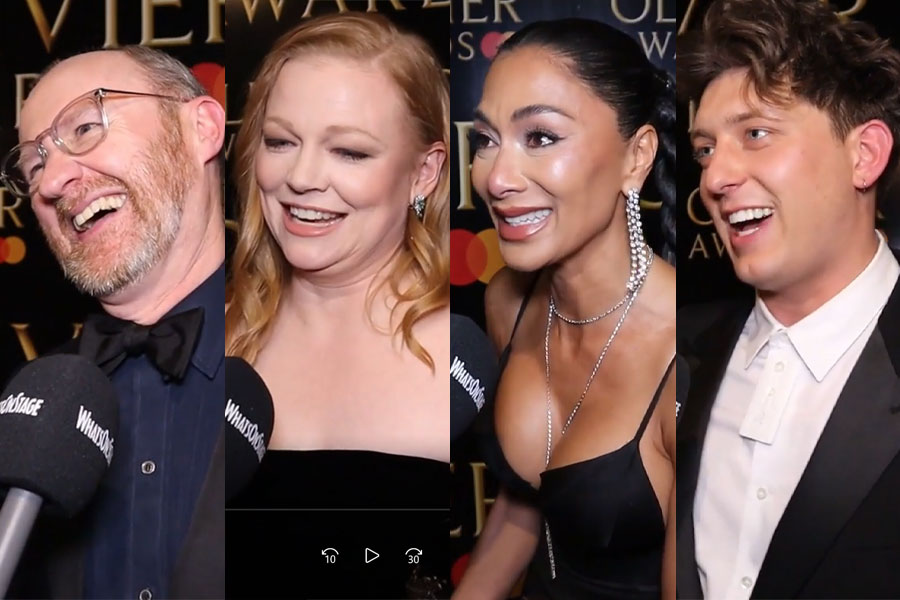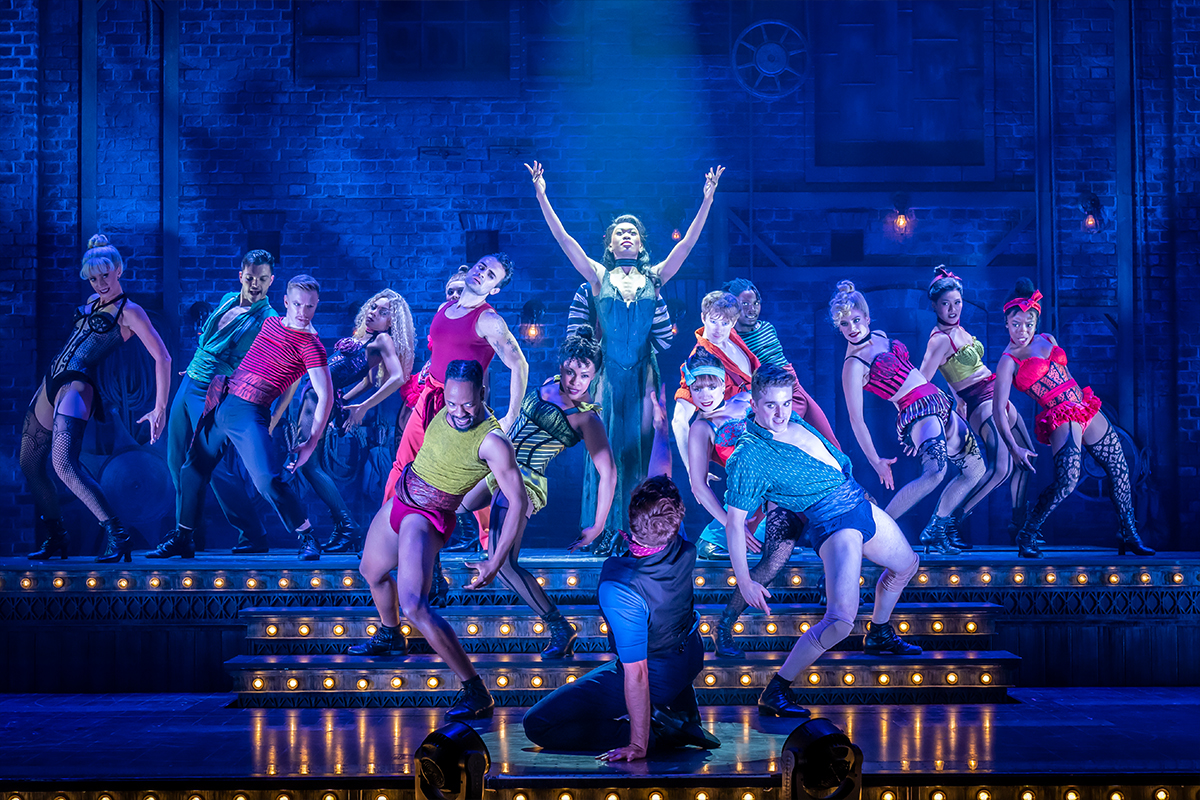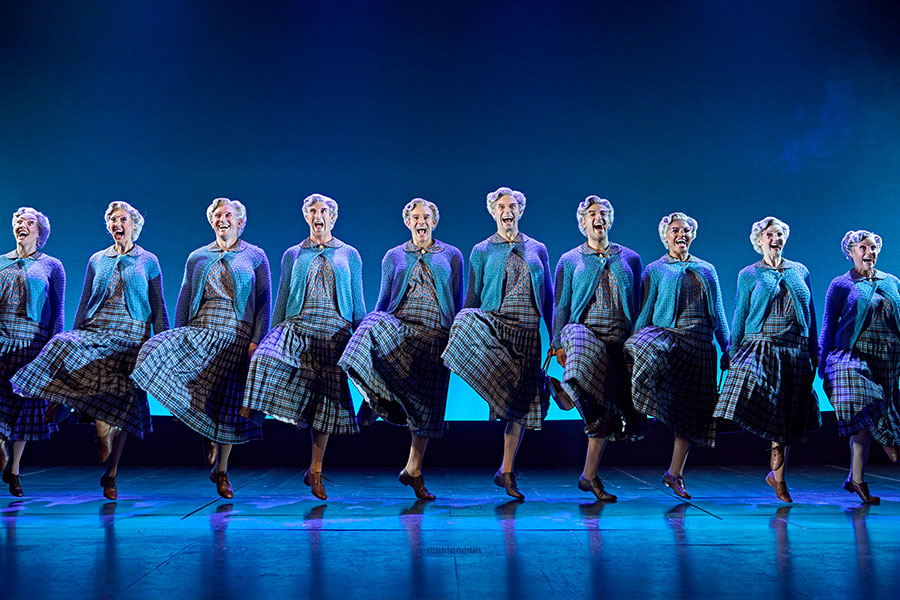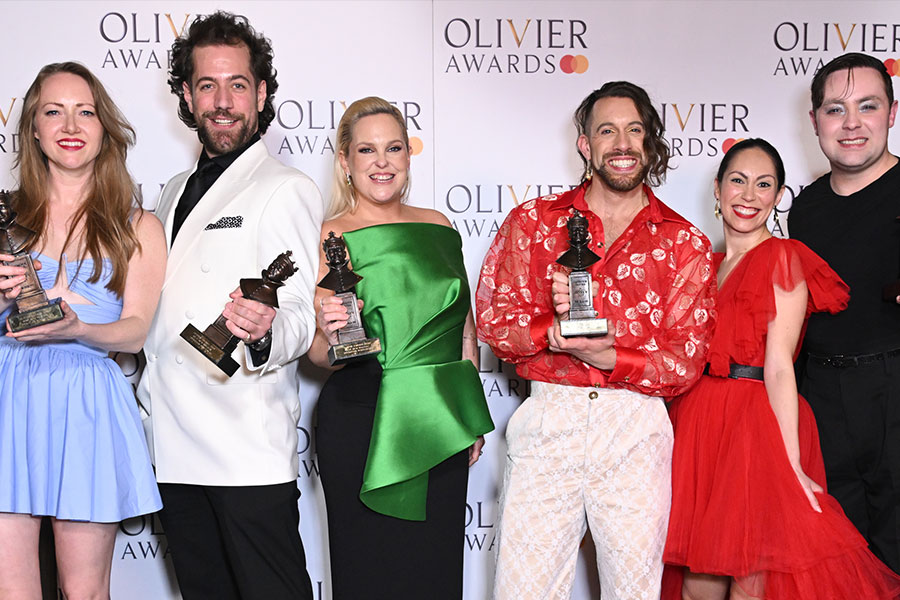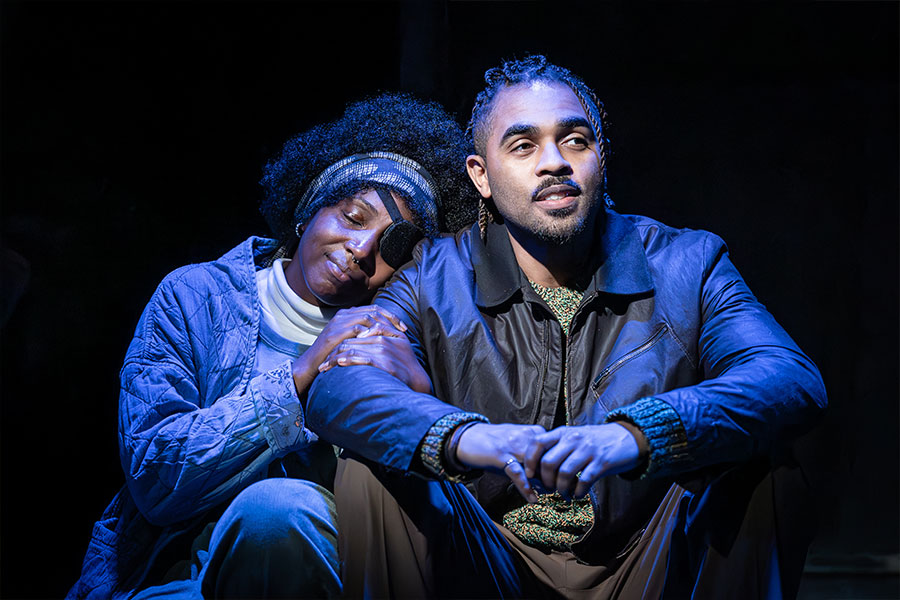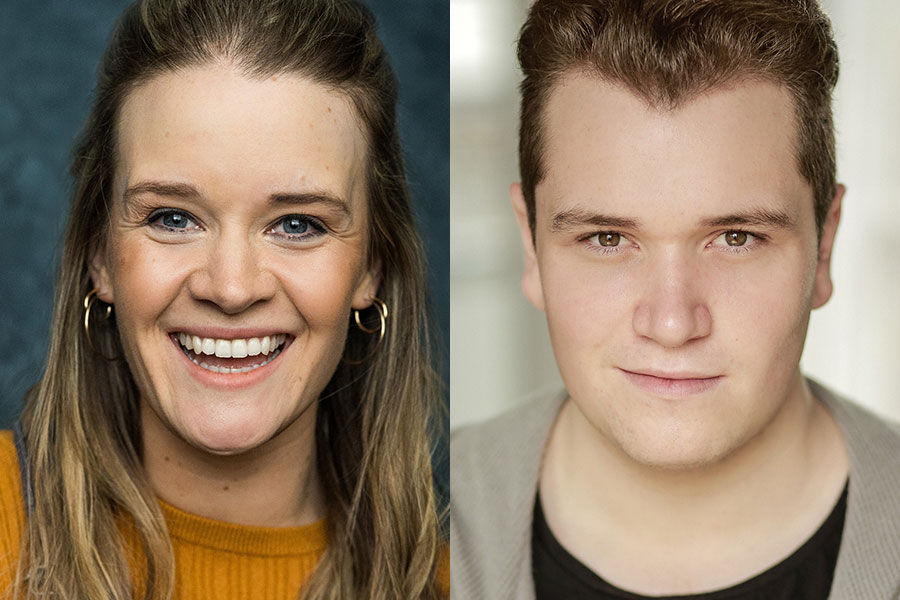Pulse. The final week. Day three
Bar snacks are a staple of theatre foyer spaces these days. The ones served up by{Holly Darton] and Jenny Hunt aren’t quite the usual fodder. It makes a fun surround for the altogether more intense experience in the Wolsey Theatre itself which is Opposition.
It’s a bravura display, hard-hitting in its analysis of political slogans, business and governmental buzz-words and catch-phrases, the slick shallowness involved in electorate wooing rituals and its dissection of the them-and-us thinking so pervasive in those who govern – be that countries or companies.
Silva pours out her torrent of words often while performing an extremely energetic and acrobatic sort of obbligato to what is being said. If I was asked to name my top show from all those I’ve seen this year at Pulse, this would be a very strong contender. Catch it if I comes your way.
How (Not) to Make It in BritPop is the life-story of Rosie Wilby, her never-quite-made-it girl-band, her lesbian affairs and her re-invention of her career as a stand-up comedian. Good luck to her, but I can’t say that I was enthralled by any of it. Wilby has a gentle personality, throwing aside various amplification mishaps with good grace and admitting that this show is in its very early stages. Clear articulation of her lyrics would have helped, as would have something more interesting than a monotonous two-chord strumming as accompaniment. (AM-P)
There are times in a reviewer’s life when a production – or in the case of Yael Karavan’s Anima an event – defies constructive analysis. Fortunately, these are few and far between and there’s usually something worthwhile that may be taken away from the experience.
But when, as in this case, the entire performance comprises of five people wandering about the auditorium brandishing a variety of lit and unlit lamps, and chattering away to themselves in their native languages, one is compelled to point out that the division between groundbreaking art and pretension is a quantum one that it’s easy to slip across without noticing.
Anima is billed as a “site-specific physical theatre performance” (one of very many in this year’s Pulse Fringe Festival) and, indeed, it is physical. However, if there is a narrative or a concept, then its journey from artist’s imagination to the audience’s senses is somewhat longwinded, if not interrupted.
Are we expected to simply sit back and immerse ourselves in such self-indulgent experiences as spectators? Possibly. But if we have no emotional investment in the work, then this quickly becomes tiresome and the attention soon wanders.
The Karavan Ensemble may have an enthusiastic following in its home town of Brighton but, elsewhere, its lights perhaps need to shine a little brighter to capture the imagination. (PC)



